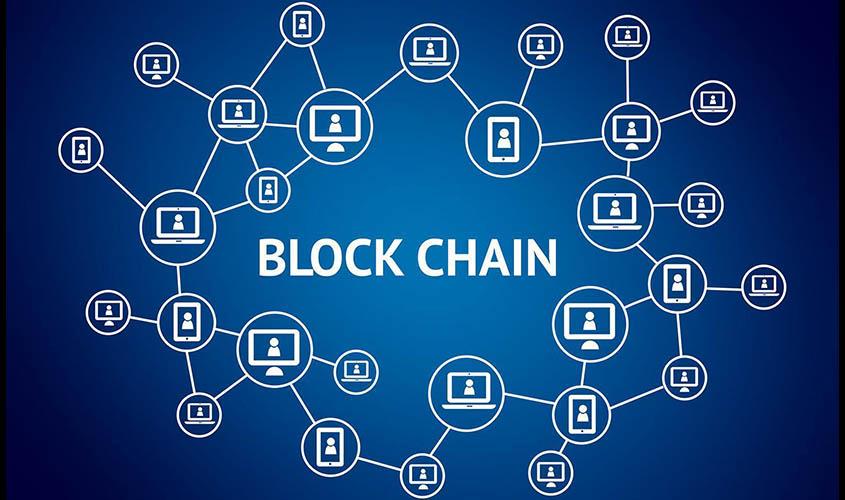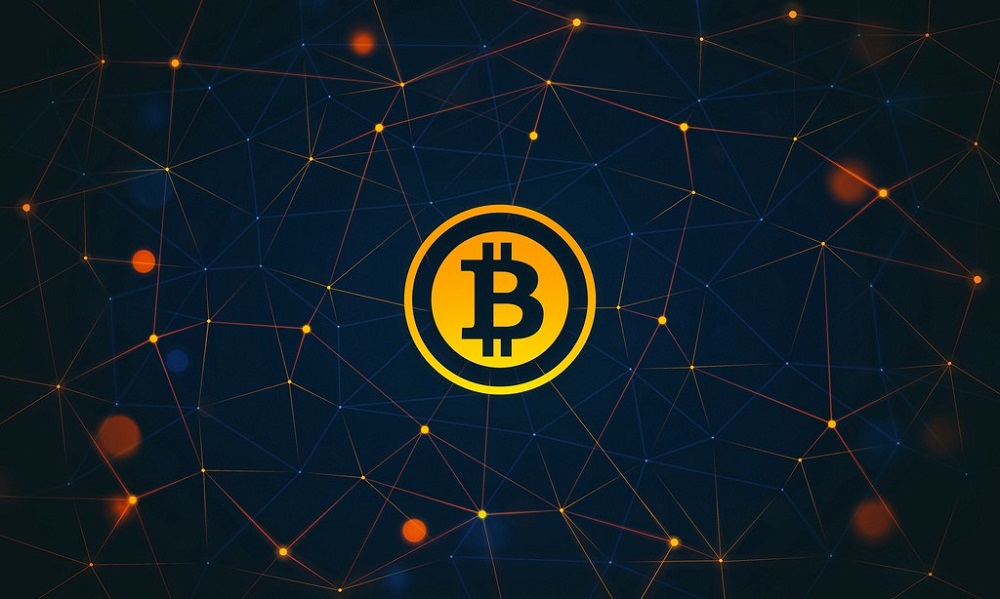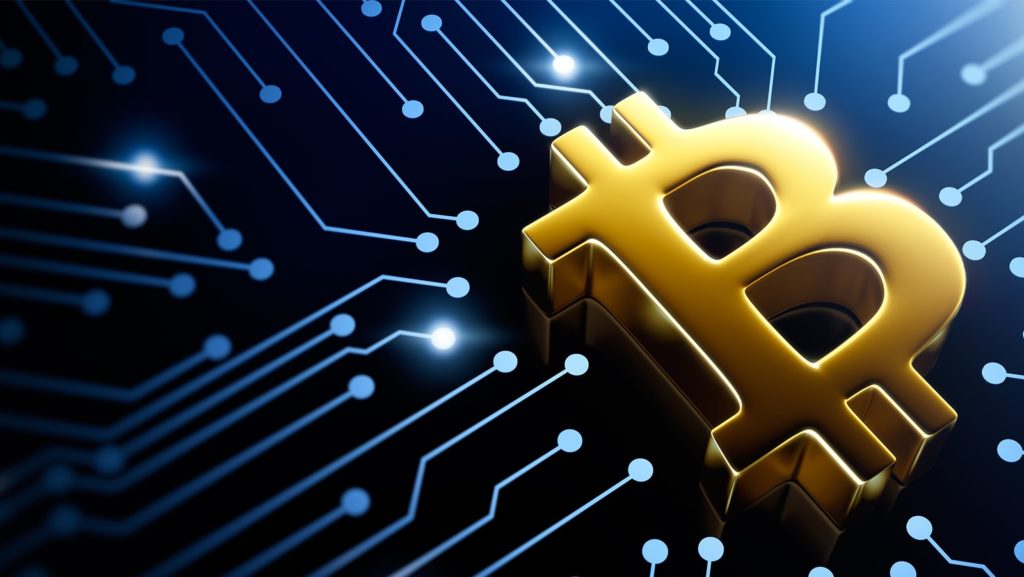In a business network where there are various participants and networks that are considered to be trusted and safe for doing different tasks. However, various security parameters are being taken into consideration to ensure the safety of the Blockchain network. In this network, all transactions can be validated in different ways such as:-
1. Proof of Stake
To verify a transaction, a validator must attain a percentage of the total value of the network. Proof of stake determines the protection of the entire network. It prevents the network from malicious activities and attacks. Moreover, it endows a secure environment for the transactions making it costly to execute the attacks.
2. Multi-Signature
To guarantee safe transactions over the network, a business Blockchain network has recently implied the multi-signature rule. By this rule, it means that if there are five participants in the network so in order to validate a transaction three out of five participants of the network need to sign on the paper to validate a transaction. This makes the business network pretty safe. A multi-signature feature of the business network is a high-quality feature that makes the Blockchain network hugely secure.
3. Smart Contract
Each business network must have a smart contract. A smart network is a set of assigned rules and laws that rule all the business transactions. The smart rule is stored in every Blockchain and there is no need to execute it manually, this feature gets automatically in action when a transaction gets executed.
Smart contracts have many clauses that could define the partial or full self-executing. The smart contract feature provides superior security to the traditional security laws. At the same time reducing the cost and delay affiliated with the traditional contracts.
Identifying Partners and Their Roles
There are several roles that are being assigned to Blockchain participants. We have mentioned the roles of every participant in detail below:
1. Blockchain Users
A Blockchain user is an individual who is permitted to take part in the Blockchain network. He/she is allowed the permit to carry transactions with other participants. Primarily, a Blockchain user has no idea about the Blockchain technology working in the background.
2. Regulator
A regulator is assigned special powers to oversee the ongoing transactions on the network. He/she is responsible for determining the secure transactions on the network. However, a regulator is often prohibited from carrying out any transaction on the network.
3. Blockchain Developer
A Blockchain developer is a programmer or coder who develops a various application and smart contracts that enables the users of this network to conduct transactions on the network. It is the duty of the developer to create error-free and secure applications.
4. Blockchain Network Operator
A network operator is assigned a special role to define, manage, create, and modify the network. Each business has a network operator who can establish and manage the entire network.
5. Certificate Authority
An individual who warrants and manages the different types of certificates required to run a Permissioned network. Blockchain certificate authoritarian has an immense responsibility because he/she solely determines who is given a permit to use the network.
I am Pawan Kashyap currently living in Amritsar. I always try to grab new things from the cryptocurrency market. From my observations and trends in the market, I always try to provide the best and accurate information in the form of articles from this blog. Follow us on Facebook, Instagram, and Twitter to join us.








